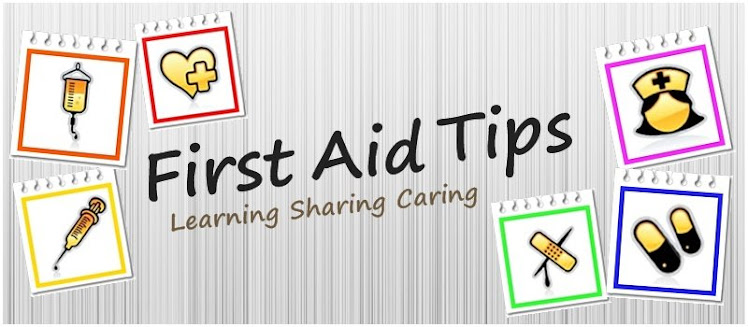DROP IN BLOOD PRESSURE
Home treatment: if you suffer from this type of faintness, make it a habit of changing position slowly. Give your time at least five minutes in every position change. When coming from a lying position, sit first and dangle your feet before standing up. If above treatment doesn’t help, lie down and raised your leg. Put pillow under your legs, it should be higher than your head.
LOW BLOOD SUGAR
Home treatment – If you are a diagnosed diabetic patient, you should wear diabetic wristband which could aid rescuers to diagnose the cause of your loss of consciousness. Along with this, you should always carry glucose tablets, sugar or candy and soft drinks which you can eat to prevent the attack.
DECRESED IN RED BLOOD CELL
Home treatment – Normally, your physician will request a complete blood count. This diagnostic test would then confirm whether you lack RBC. Once diagnosed, you will be prescribed with iron vitamins. Along with this, you should eat foods high in iron content. Examples of these are the green leafy vegetables and organ meats.
General treatment – to help someone who suddenly fainted, check first is the patient is breathing normally. Lay the person on his or her back and raised her or his legs as high as possible. Loosen any tight clothing, open the windows to allow air ventilation or when you are outside, and remove the patient from direct sunlight. Once the person regain consciousness have her or him to remain on the lying position for at least 15-30 minutes and remind that he or she should slowly change his or her position very slowly.

